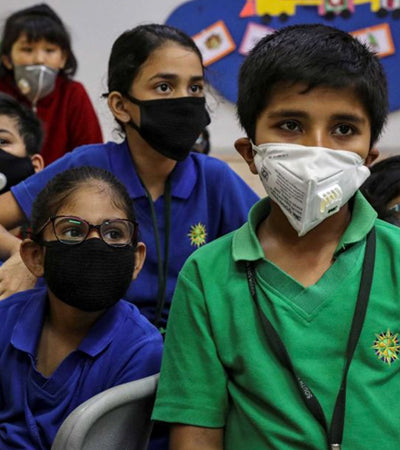Sibling rivalry is inevitable if there is more than one child in the family. A number of factors influence a sibling’s bonding or fight e.g. their personalities, birth orders, the way their parents treat them and other external factors. Sibling rivalry is jealousy, competition and fighting among siblings. We ourselves have been there, haven’t we? We can even relate to some of them and review how our parents had dealt with us. You can apply the same that worked really well and discard or change the ones that you feel weren’t right.
There are many ways to cope up with the differences between the siblings and make their conflicts work out in a positive way. When they find a way to work out with their differences that’s when they will learn to accept and cooperate with each other.
What are the causes of sibling rivalry?

1) Seeking attention- Your child may feel ignored especially when he/she gets a new sibling. Initially, the child gets all the attention to himself/herself and he might not be able to handle sharing the attention with the sibling. It may create jealousy when the younger sibling is being attended to.

2) Wanting to become the favoured child- Every child wants to be the favourite of their parents and so they tend to compete and try to prove himself/herself better than the other sibling. In the process, they may try to demean each other.

3) Over possession of things- Sometimes, they want to play with the same toy at the same time. The kids may not want to share the toys that have been bought for them respectively.

4) Wanting to become superior- Older siblings generally like to order around and tend to become authoritative. This may lead to fighting when the younger sibling feels bullied. They may also fight to show they are stronger than the other.

5) To get over boredom- Siblings love to annoy each other and they do it mostly just to entertain themselves when they are bored. This is not always the negative case, it kind of reflects how close they are. But, going overboard is not healthy and may end up fighting.

6) Stress in kids- When your kids are bothered about something, they will act fussy and may treat their siblings aggressively. When they are stressed out, they won’t be able to deal with things in a positive way.

7) Parenting Style- When parents are overly harsh, strict and aggressive, the kids are also modelled in that way and will become aggressive towards their sibling and further ignites fights. And when parents are overly relaxed, there is a lack of discipline to guide their behaviour and thus fight. Even the nature of the Parents’relationship also can also influence sibling rivalry.
How to cope up with the rivalry
1) Don’t make comparisons- Treat each of your kids to feel special and make them feel that their perspectives and their needs are important. Never say that the elder kid is better than the younger or vice versa.
2) Don’t take sides- When they fight, never take sides, it will make the other whose side hasn’t been taken feel left out and less loved. Give both of them time-out and let them cool first. Try to sort out the cause of the fight and explain to them what is wrong and the right way to work out better.
3) Make basic rules- Setting some boundaries and rules is an important way to get your kids disciplined. Once you set certain rules, they will be obliged to follow them. For e.g. setting rules to always speak politely may refrain them from fighting.
4) Make separate workstations- Separate their workstations while studying, this will make them not disturb each other and focus more on school work.
5) Engage in family-time activities- Engaging in more family-time together will encourage the kids to bond together. Having meals together, playing board games or have discussions on certain topics together will improve their bonding.
6) Make cheerleaders for each other- Cheering for each other will instil a sense of having each other’s back. Let one cheer while the other is playing sports or other games.
7) Initiatives to make them cooperate- Make them pick up toys together, make them say what they like about each other or put them in a team together while playing board games.
8) Be there for each child- Give time to each child and make sure you are giving equal time to both. It’s important to have one-on-one time with each kid. Talk to them separately about their problems, get to know what they feel about their sibling, good or bad. This way, you will be able to keep tabs on their relationships and help sort out their differences better.
There will be fights between siblings but it’s fine as long as they learn to sort out the differences and handle them in a positive way. You as parents have to help them out a little with the points given above and make their bond stronger. It’s a learning process for them and will also help to deal with others outside the family too.












 Rinda Angom
Rinda Angom
